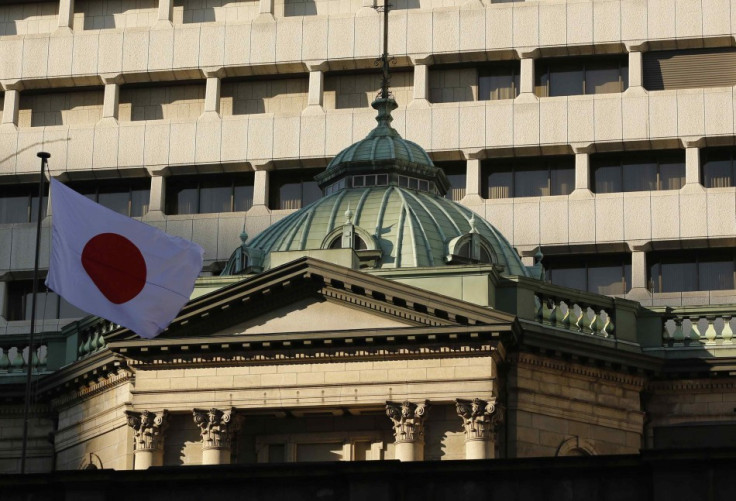Japan Remains in Recession as GDP Shrinks in Fourth Quarter
GDP contracts by 0.1 percent in world's third largest economy

The Japanese economy unexpectedly shrank in the three months to December, a third consecutive contraction, putting the newly-elected Shinzo Abe government under pressure to take more radical steps for recovery.
The world's third-largest economy shrank by 0.1 percent in the fourth quarter of 2012 from the previous quarter. Analysts expected the economy to grow by 0.1 percent during the quarter.
On an annualised basis, the economy contracted 0.4 percent in the fourth quarter, the third consecutive period of negative growth.
However, the weak GDP data did not influence a meeting of the policy board of the Bank of Japan (BoJ), which kept the key interest rates unchanged at around 0 to 0.1 percent. The central bank also left the asset purchase fund unchanged at 76tn yen ($813bn, £523bn).
Backing its decision, the central bank noted that the overseas economies have shown some signs of picking up and investors' risk aversion has abated in global financial markets.
Exports, a key driver of Japan's economy, remained weak for the quarter, declining 3.7 percent, while corporate capital outlays fell 2.6 percent. Meanwhile, domestic consumption did not pick up as expected.
The latest data underscores the increased need for aggressive stimulus programs by the government, including a new spending plan.
The economy, which suffered a serious blow due to the twin disasters in 2011, has faced further troubles in 2012 such as financial crisis in Europe, an export-denting strong yen and a political row with major trade partner China.
The economy was not showing any clear sign of recovery despite the aggressive measures pursued by Japan's newly elected prime minister.
The BoJ said that it expects the consumer price inflation to turn negative due to the reversal of the previous year's movements in energy-related and durable consumer goods, and thereafter, it is likely to be around 0 percent again.
"Japan's economy is expected to level off more or less for the time being, and thereafter, it will return to a moderate recovery path as domestic demand remains resilient partly due to the effects of various economic measures and overseas economies gradually emerge from the deceleration phase," the bank said in a statement.
The central bank confirmed its inflation target at 2 percent in the latest meeting and added that it would pursue aggressive monetary easing, aiming to achieve the inflation target.
The bank intends to continue purchases of financial assets and provide support for financial institutions to increase their lending.
© Copyright IBTimes 2025. All rights reserved.






















